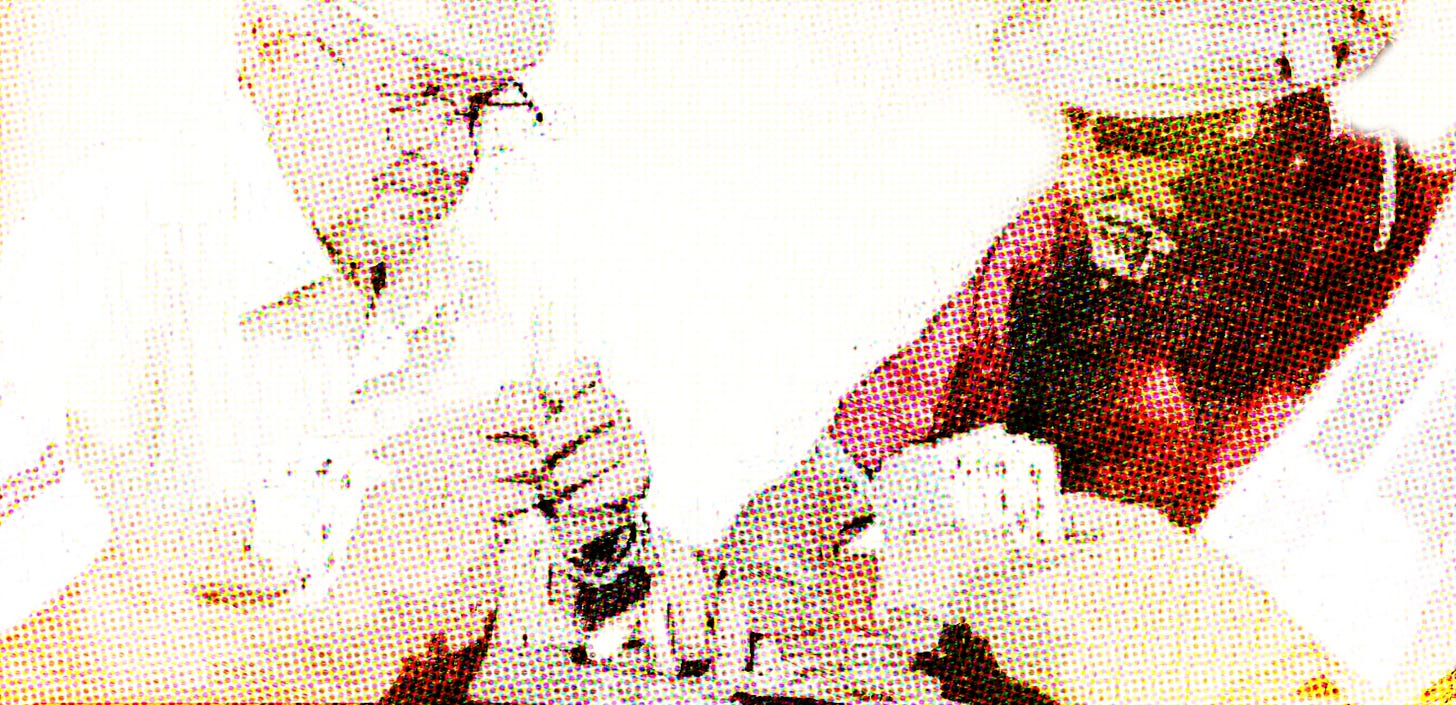We didn’t know anything about his past.
Rosie brought him over. “Why don’t you join these boys?” she said. Rosie’s suggestions always carried great weight, so the best we did was to shrug. She shoved a chair between me and Lionel, Julio gave her one of his little man bows, and he played cards with us ever since.
THE TELLINGS OF JULIO RIVERA BY JP ROARKE 34THPARALLEL MAGAZINE ISSUE 117
I don’t think Julio was what you’d call handsome, what with the broken nose and balding head, but Rosie liked him. He was as old as we were and dressed secondhand like the rest of us, though I suppose his clothes did mostly fit and his shoes were mostly shined. He had this dignity thing, the way he listened, and these little bows and gestures to compliment whoever said whatever they were saying.
We didn’t know anything about his past then, and no idea what he’d try to do for Hans, but it didn’t take long before we all looked up to the little man.
Rosie brought him over. “Why don’t you join these boys?” she said. Rosie’s suggestions always carried great weight, so the best we did was to shrug. She shoved a chair between me and Lionel, Julio gave her one of his little man bows, and he played cards with us ever since.
We had serious reservations about him at first, but it was hard not to like Julio. He never tried to take over the conversation, and now and then he’d add a little here or there to complement what the rest of us said. Then too, he joked and swore like we did, but he was quieter with his jokes and more reserved with his swearing.
Not that he was perfect, mind you. After starting an interesting subject he’d often hesitate at the half or three-quarter mark with a pause that let you think he was assembling more, but then he’d use a little bow of his head or wave of his hand that said we must know the rest, even if we really didn’t. Rosie said it was just his way of saying we were probably smart enough to understand, without him having to explain more. He was spreading a little of his dignity around the table, she said, with one of her stares that said we could use it.
We were all in our 80s. To the world outside we were relics but in Rosie’s Café we still mattered. We’d all gone through things that wear you out, of course. Lionel and I were widowers, Hans was divorced several times over. And we’d all been in the military.
At Rosie’s that was history, and history was left outside. No-one pried into your past and no-one questioned your stories, and most of the stories were lies.

